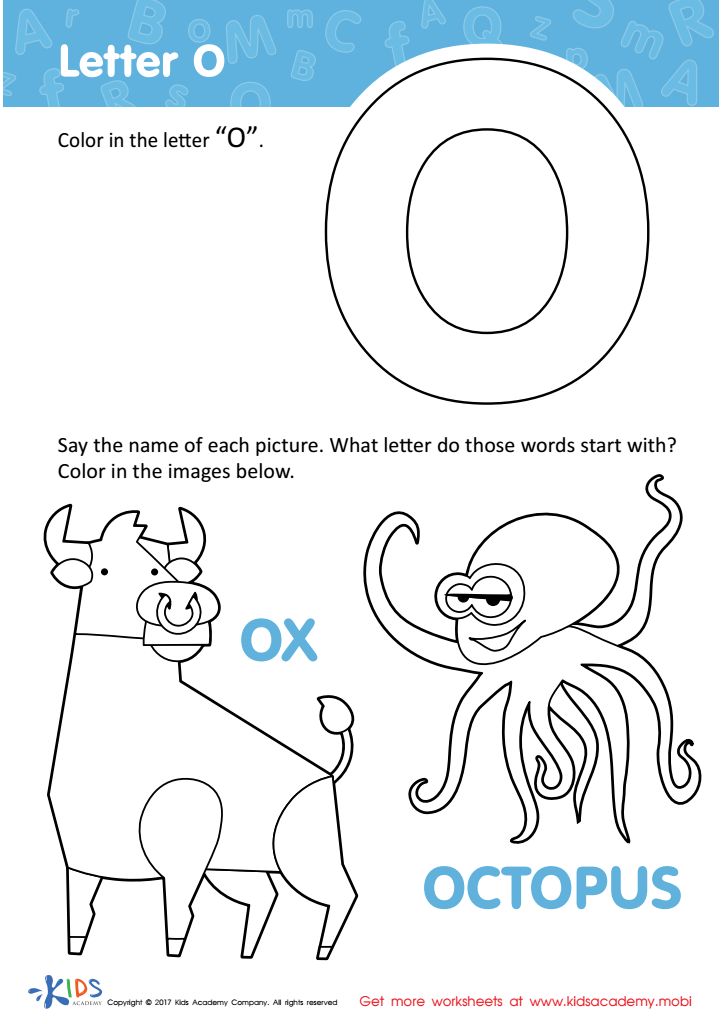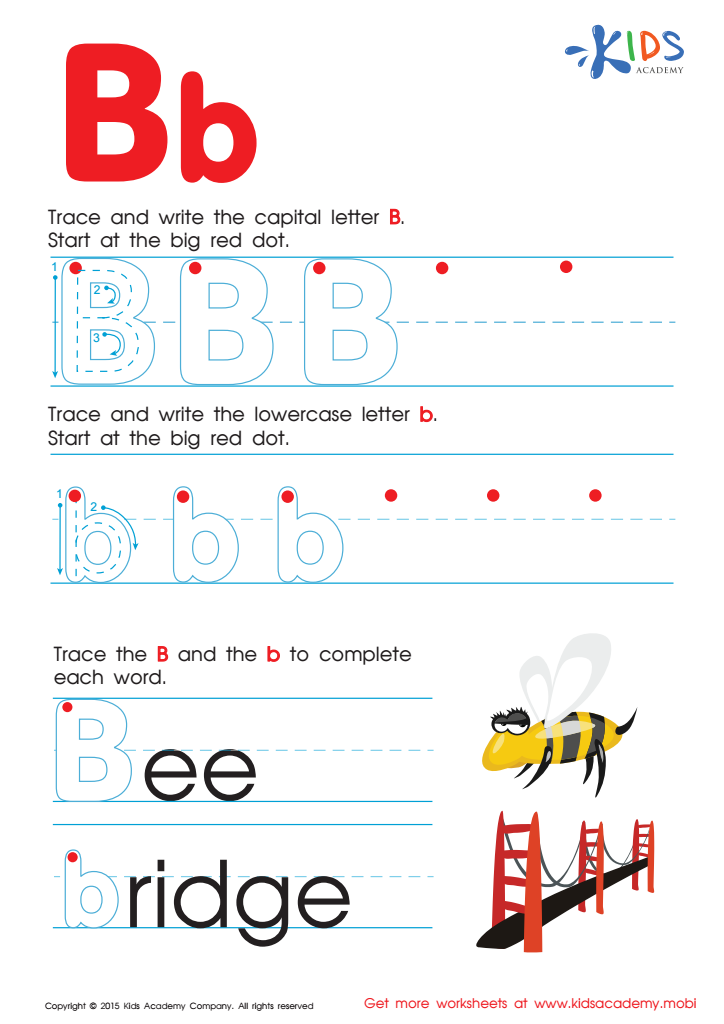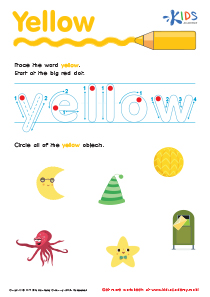Motor skills development Normal English for Beginners Worksheets for Ages 3-5
3 filtered results
-
From - To
Boost your child's motor skills with our engaging worksheets designed for ages 3-5. Our "Normal English for Beginners" collection helps children develop crucial hand-eye coordination and fine motor skills while learning English. Each worksheet is specially crafted to be fun and interactive, offering activities like tracing, sorting, and simple puzzles. These tasks not only improve handwriting but also prepare your little ones for more complex learning. Perfect for parents and educators, our printables make learning simple and enjoyable. Invest in your child’s motor development and language skills with our expert-designed resources.


Letter H Tracing Page


Letter O Coloring Sheet


Letter B Tracing Page
Motor skills development is really important for young children, especially those aged 3-5. These skills are what help kids to perform simple tasks like holding a pencil, buttoning a shirt, or jumping with both feet. There are two types of motor skills: fine motor skills and gross motor skills. Fine motor skills involve smaller movements, like picking up small objects, while gross motor skills involve bigger movements like running or hopping.
Parents and teachers should care about motor skills development because it lays the foundation for future learning and daily activities. For example, strong fine motor skills are needed for writing, cutting with scissors, and even using a zipper. On the other hand, good gross motor skills are important for playground activities, sports, and overall physical health.
When kids practice and improve these skills at a young age, it also boosts their confidence and independence. They feel proud when they can do things on their own. Additionally, working on motor skills can improve concentration and hand-eye coordination, which are crucial for success in school.
In short, supporting motor skills development helps children grow into confident, independent, and capable individuals, prepared for the many challenges ahead.
 Assign to My Students
Assign to My Students
















